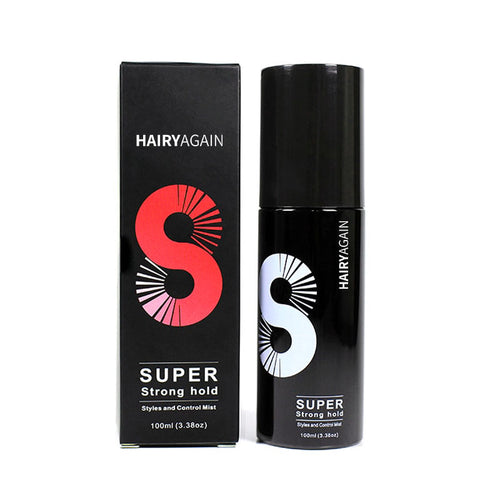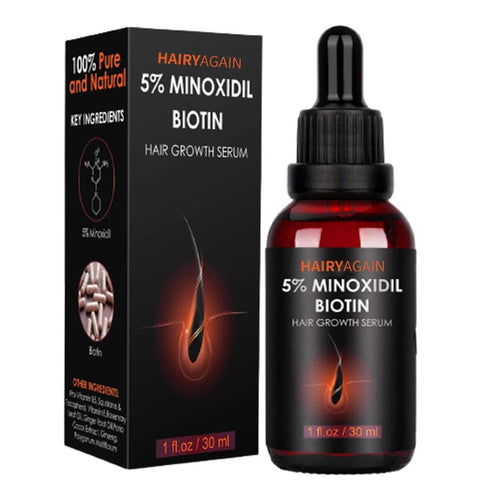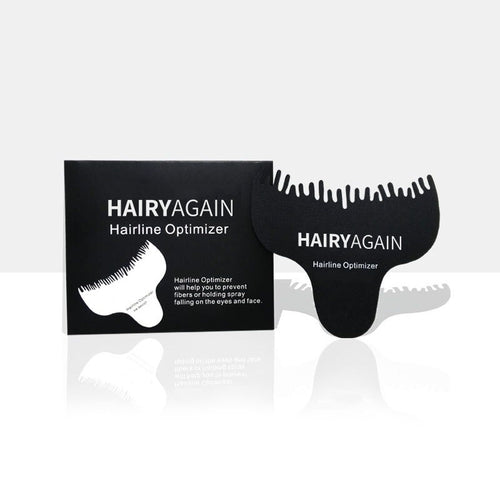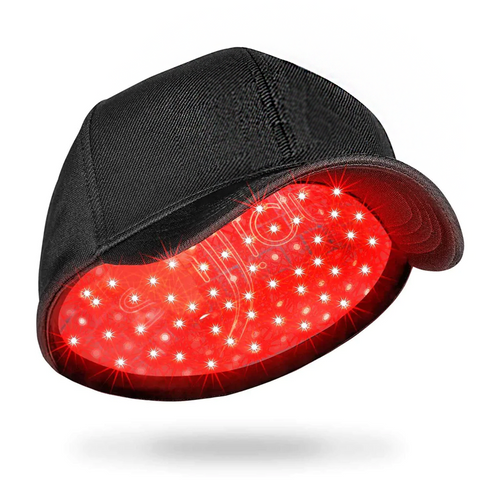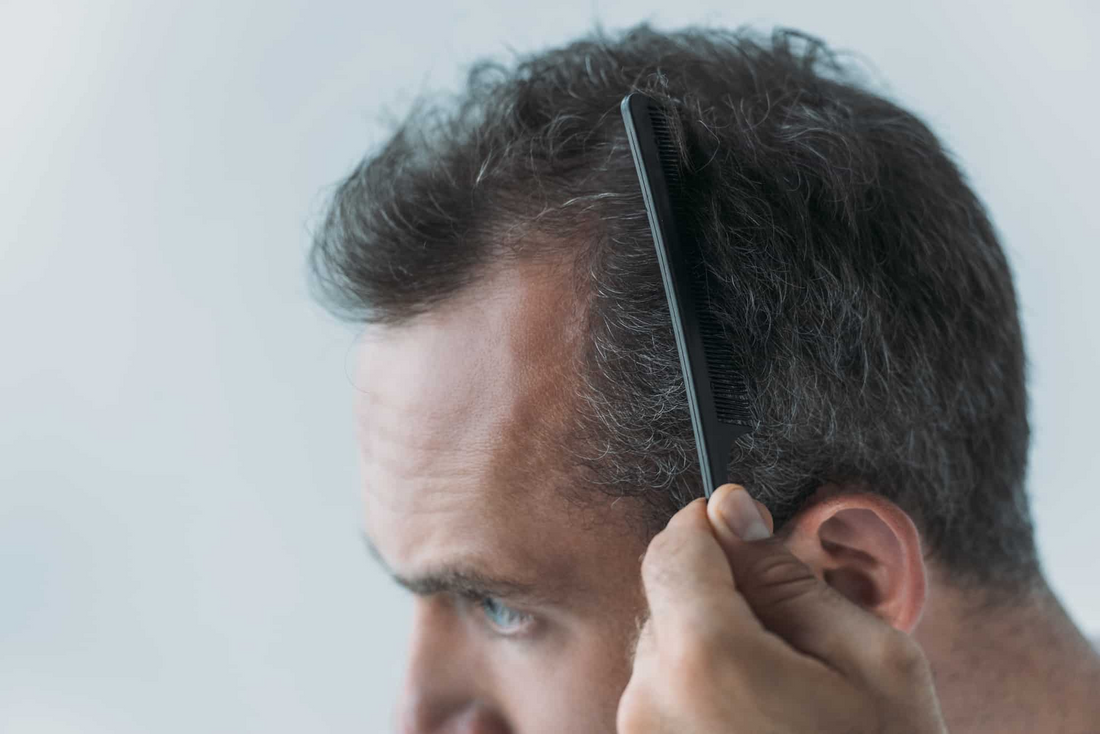Hair loss is a common problem that affects millions of men and women across the globe. It can cause significant distress, affecting one’s confidence and self-esteem. There are various treatments available in the market to tackle hair loss, but the two most popular ones are Finasteride and Minoxidil. In this blog, we will explore the differences between these two medications, their effectiveness in treating hair loss, and which one is the better option for you.
What is Finasteride?
Finasteride, also known as Propecia, is a prescription medication that is primarily used to treat hair loss in men. It is a type of medication called 5-alpha reductase inhibitors, which works by blocking the production of dihydrotestosterone (DHT). DHT is the hormone that is responsible for shrinking hair follicles, leading to hair loss. By reducing the levels of DHT in the scalp, Finasteride promotes hair growth and prevents further hair loss.
What is Minoxidil?
Minoxidil, also known as Rogaine, is a medication that is available over-the-counter and is used to treat hair loss in both men and women. It comes in the form of a topical solution that is applied to the scalp. Minoxidil works by widening the blood vessels in the scalp, allowing more oxygen, blood, and nutrients to reach the hair follicles. This helps to revitalize shrunken hair follicles, increase their size, and promote hair growth.
Effectiveness
While both medications are widely used to treat hair loss, they work differently and have varying degrees of effectiveness. Finasteride is considered to be more effective and is better suited for men who are experiencing hair loss due to male pattern baldness, as it works by blocking the DHT hormone. Studies have shown that Finasteride can prevent further hair loss and promote hair growth in up to 90% of men who take it.
Minoxidil, on the other hand, is not as effective as Finasteride in stopping hair loss, but it is still a popular option for people who want a more natural and non-invasive treatment. Minoxidil has been shown to be effective in promoting hair growth, and it may help to slow down hair loss when used consistently over time.
Side effects
Both Finasteride and Minoxidil can cause side effects. The side effects of Finasteride can include decreased sex drive, erectile dysfunction, and breast tenderness in men. Women who are pregnant should not handle broken or crushed Finasteride tablets, as it can cause birth defects to the male fetus.
The side effects of Minoxidil are usually mild and can include scalp irritation, itching, and dryness. It can also cause unwanted hair growth on other parts of the body.
Curious for deeper insights?
Subscribe to our newsletter for more insights, tips, and solutions that elevate your hair game. Don't miss out on exclusive offers and the latest updates on your journey to hair revitalization.

